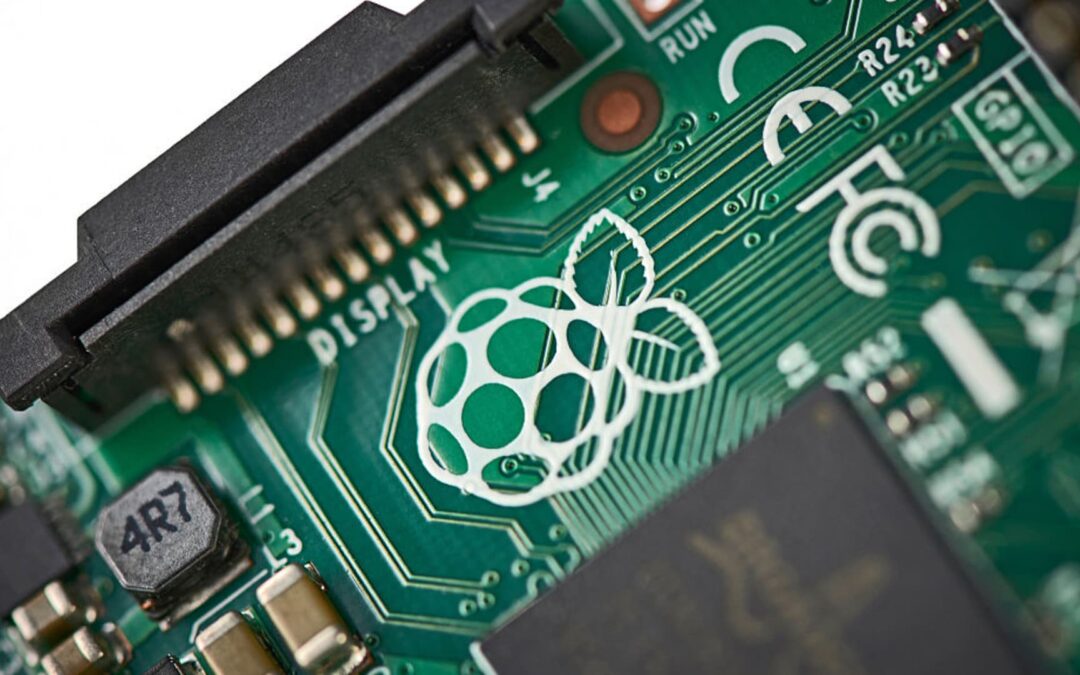A Raspberry Pi 2 Model B single-board computer.
Olly Curtis | Future Publishing | Future | Getty Images
Shares of Raspberry Pi on Tuesday rose 39% at its market debut, as the British computing startup seeks to raise some £166 million ($211.2 million) from its initial public offering.
Shares of Raspberry Pi begun “conditional dealing” on Tuesday with a full open trade due to begin on Friday. Shares rose to 390 pence after the firm, which makes tiny single-board computers, priced its shares at 280 pence apiece. The listing is seen as a rare win for London’s main stock exchange which has struggled to attract technology listings.
Based on the initial pricing of its shares, the company was valued at around £541.6 million.
The Raspberry Pi offering comprises 45.9 million ordinary shares sold by the company’s existing majority shareholder, Raspberry Pi Mid Co Limited, a wholly owned subsidiary of the Raspberry Pi Foundation. It also includes 2.13 million ordinary shares sold by other shareholders, along with 11.23 million freshly issued shares.
If there is more demand, a so-called overallotement option will allow the Raspberry Pi Foundation to issue another 4.6 million shares. If the overallotment option is exercised, the final offer size will be £178.9 million.
Raspberry CEO Eben Upton established the company in 2012 to make computing more accessible to young people. Its single board computers can be used to power a whole range of uses.
While it initially gained traction with hobbyists, the company says that 72% of its unit sales target the industrial market, where it is used, for example, in factories.
In 2023, Raspberry Pi posted revenues of $265.8 million, up 41% year-on-year from 2022.
A number of high-profile industry staples back the company, including Arm and Sony. Last year, Sony Semiconductor Solutions, a subsidiary of Sony Corporation, invested an undisclosed amount in the British startup.
While small relative to other tech firms, the Raspberry Pi IPO could breathe life into the struggling London bourse, which has been snubbed by technology firms in favor or listings in other parts of Europe, and particularly in the U.S.
Softbank-owned chip designer Arm, which is headquartered in the U.K., chose to list in the U.S last year.









